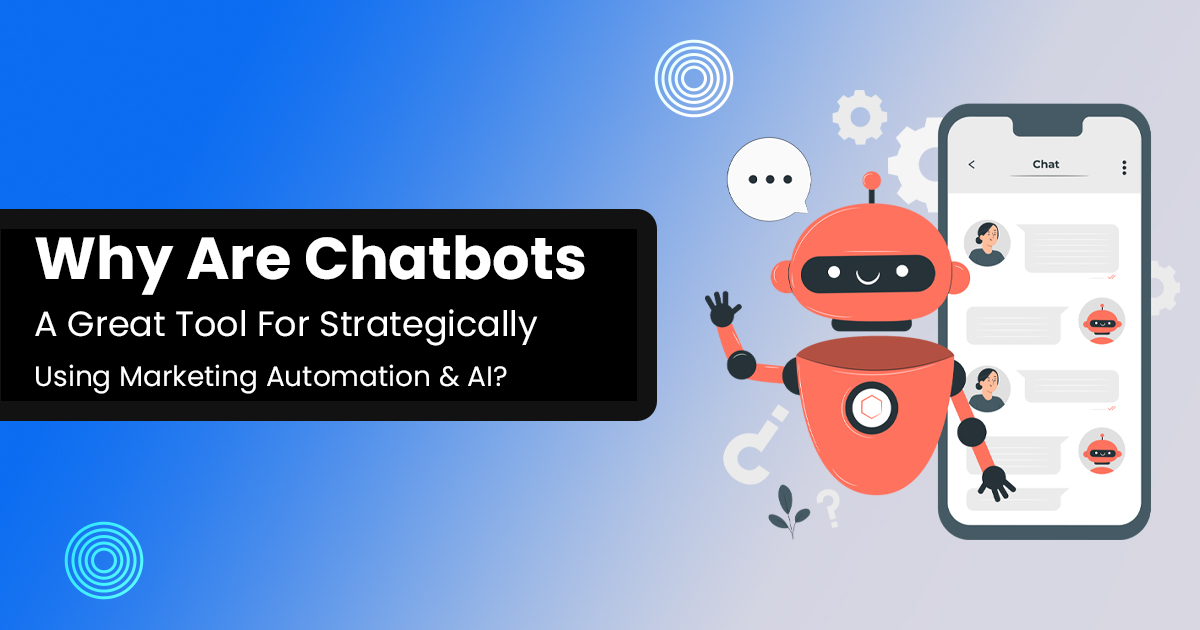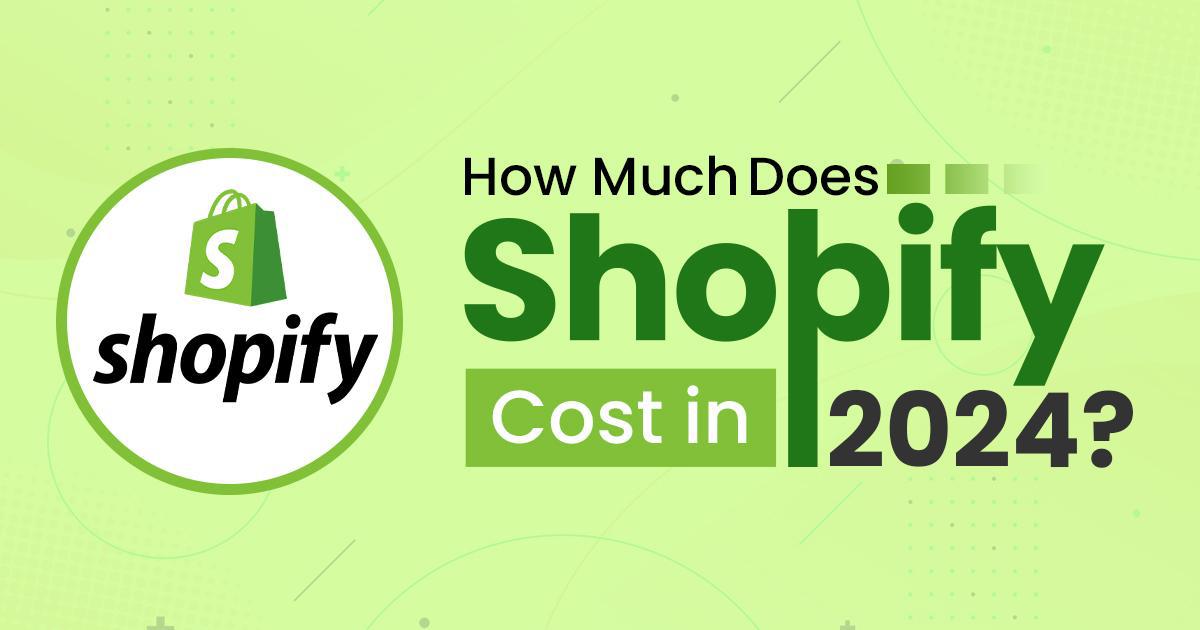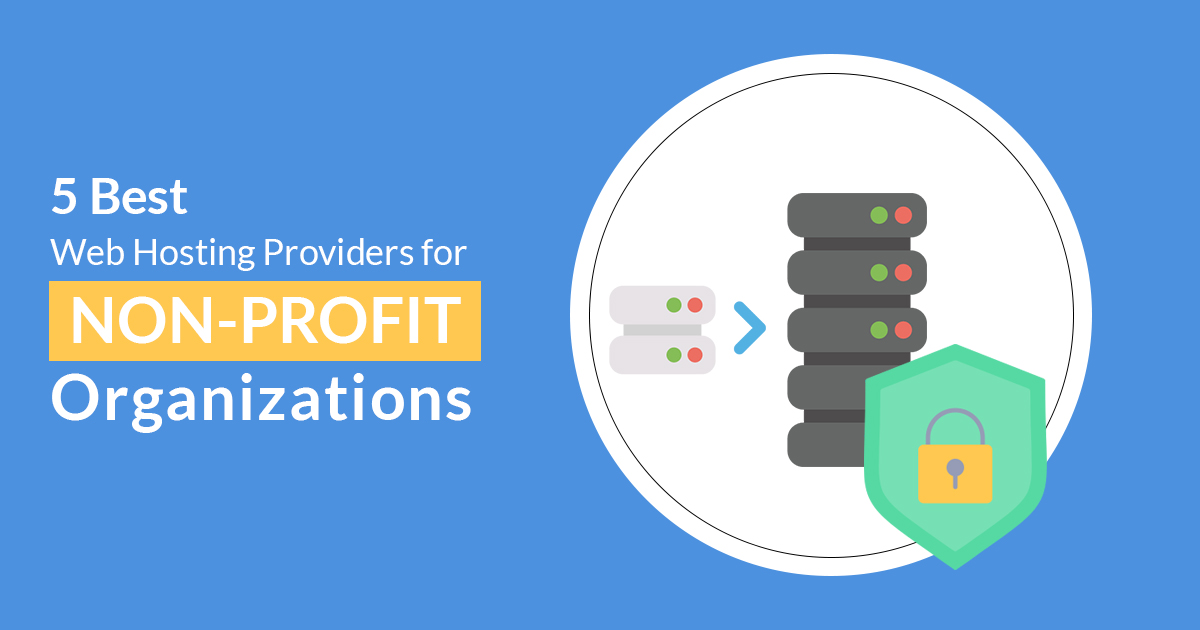Why Are Chatbots a Great Tool For Strategically Using Marketing Automation & AI

As automation revolutionizes business operations, Chatbots have become a powerful marketing tool. Chatbots are artificial intelligence-powered virtual assistants that simulate human conversations with customers through messaging apps. With their ability to automate responses and deliver personalized experiences, Chatbots have become essential to modern marketing strategies.
How do artificial intelligence Chatbots work?
Artificial intelligence (AI) Chatbots have rapidly gained popularity in recent years, revolutionizing how companies interact with customers. These intelligent bots are designed to simulate human conversation and assist users around the clock. But how do AI Chatbots work?
AI Chatbots are natural language processing (NLP) technologies that enable computers to comprehend and interpret human discourse. When a user communicates with a Chatbot, the Chatbot sends the user’s message to a server, where algorithms analyze the text for patterns and meaning extraction. The bot then utilizes this information to generate an appropriate answer, which is returned to the user.
How do businesses use Chatbots?
Chatbots may be programmed to assist with many different activities in a commercial setting. They can handle various demands as these gadgets become more powerful and innovative. Chatbots are often used for a variety of purposes, including:
- Chatbots can easily manage various customer interactions, from answering frequently asked questions to guiding customers through sales. This enhances customer satisfaction and frees up resources to focus on higher-level tasks, ultimately leading to improved efficiency and productivity.
- Personalized Engagement: Marketing automation and AI enable Chatbots to personalize customer interactions by analyzing data from previous engagements, purchase histories, and browsing behaviors. This data-driven approach allows Chatbots to tailor their responses and recommendations to each customer, creating a more personalized and relevant experience.
- Chatbot integrated with an e-commerce platform can recommend products based on a customer’s browsing history and purchase patterns, increasing the likelihood of conversion and customer loyalty. Additionally, Chatbots can send personalized promotions, reminders, and updates, ensuring that customers feel valued and engaged throughout their journey with the brand.
- Lead Generation and Nurturing: Chatbots can be powerful tools for lead generation and nurturing in a marketing automation strategy. They can capture valuable lead information, qualify prospects, and initiate nurturing by engaging with website visitors in real time.
- Cost-Effective Scalability Implementing: Chatbots can be a cost-effective solution for businesses of all sizes as part of a marketing automation and AI strategy. Unlike traditional customer service representatives, Chatbots can handle multiple conversations simultaneously, providing 24/7 support service without additional staffing costs.
- As businesses grow and customer demands increase, Chatbots can handle larger volumes of interactions while maintaining the same quality and response times. This solution enhances operational efficiency and customer service regardless of the business’s growth, reducing costs.
- Data Analytics and Insights: One of the most significant advantages of integrating Chatbots with marketing automation and AI is the ability to collect and analyze valuable customer data. Chatbots can capture and store data from every customer interaction, including conversation transcripts, user preferences, and behavioral patterns.
Use Cases and Examples
The efficacy of Chatbots has been established in several businesses and sectors, indicating the strategic importance of combining them with marketing automation and artificial intelligence. Here are some illustrations and scenarios:
1. E-commerce:
Chatbots may help consumers with order monitoring, product suggestions, and checkout procedures. This helps streamline the shopping process and lower cart abandonment rates for online businesses.
2. Financial Services:
Banks and other financial organizations can use Chatbots to automate routine questions, help with account management, and provide individualized financial advice. This improves customer service and lowers operating costs.
3. Health:
By integrating Chatbots into healthcare systems, medical providers may better access patients’ care and lessen their burden. Chatbots can also screen patients, offer medical information, and organize appointments.
4. Travel and Hospitality:
Based on a user’s interests and past travel experiences, Chatbots may help passengers book hotels, flights, and activities. They can also provide tailored suggestions.
5. Customer support:
Chatbots can answer common questions from various business customers, allowing human agents to work on more complicated problems and raising customer satisfaction.
Final thoughts
Chatbots have revolutionized marketing automation and artificial intelligence. They have the potential to significantly enhance customer engagement and streamline business processes.
By utilizing Chatbots, businesses can create customized conversations that cater to their customer’s specific needs and preferences while reducing operational costs and improving efficiency. To stay ahead of the competition, it is essential to collaborate with industry leaders such as The Octopus Tech to leverage Chatbots and AI for marketing automation. Don’t let your business lag behind—contact The Octopus Tech to get assistance on how to dominate your market.




